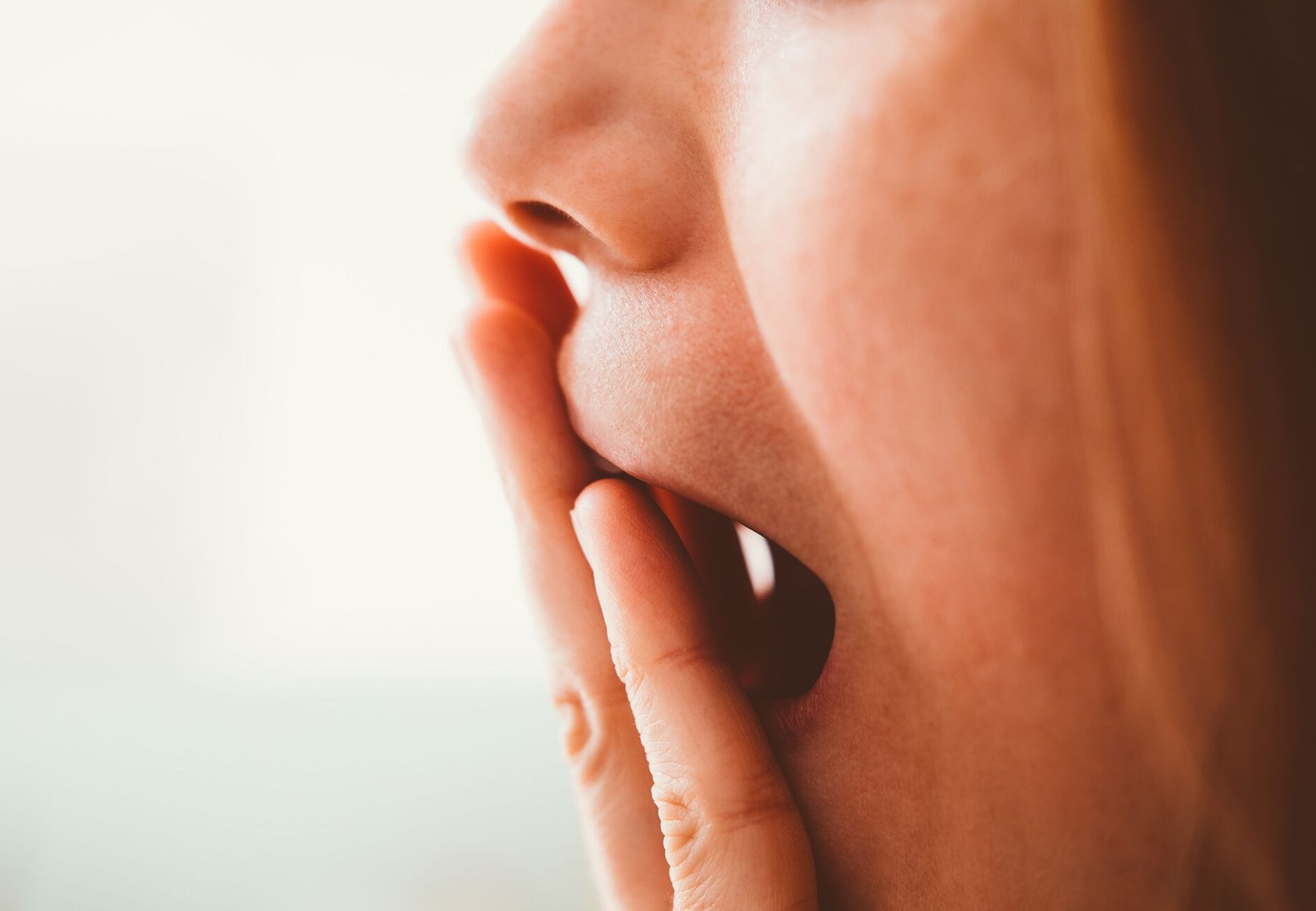If you find yourself yawning nonstop or reaching for your third or fourth cup of coffee just to survive the afternoon at work, it might be more than just boredom. Experts say it could be a sign of severe sleep deprivation and the health risks are bigger than you think.
According to a report by CNN, frequent yawning and constant drowsiness don’t just make you feel tired, they can have long-term effects on your body and mind.
The American Academy of Sleep Medicine (AASM) recently issued a statement warning that repeated yawning is linked to inadequate sleep and should not be ignored. The statement was backed by 25 medical organizations around the world.
“Sleep deficiency is a serious health problem with both personal and societal consequences,” said Dr. Eric Olson, president of AASM. “Drowsy driving can cause accidents, and at work it can lead to mistakes and increase the risk of other health problems.”
Experts warn that sleeping less than the recommended 7 to 8 hours can raise the chances of diabetes, depression, heart and kidney disease, high blood pressure, obesity, and even stroke.
In the US, nearly one-third of adults report feeling excessively sleepy during the day. Yet, many dismiss the signs. “People think dozing off in a boring meeting is normal,” said Dr. Kristen Knutson of Northwestern University. “But someone who is fully rested won’t fall asleep, even in a dull situation.”
Dr. Guru Bhagatla, a sleep expert at Penn Medicine in Philadelphia, explained that chronic lack of sleep damages brain function. “People lose awareness of how impaired they are. They make more mistakes in reaction tests, memory, and coordination, but still think they’re doing fine,” she said.
Severe sleep loss can also trigger “microsleeps,” when the brain shuts down for a few seconds without warning. That can be deadly if you’re driving or handling sensitive work. Data shows that in the US, drowsy driving causes about 100,000 road accidents every year.
Doctors say tools like the Epworth Sleepiness Scale can help measure how bad the problem is. A score above 10 usually means a medical evaluation is needed.
Sleep deprivation can be linked to several conditions, including sleep apnea, insomnia, restless legs syndrome, circadian rhythm disorders, chronic pain, certain medications, and lifestyle factors. Too much caffeine, drinking alcohol before bed, drug use, lack of exercise, or trying to sleep in noisy or uncomfortable environments can all ruin sleep quality.
And forget the myth that alcohol or marijuana help you sleep. “Many people think substances improve their sleep, but the opposite is true,” said Dr. Bhagatla. “They lower sleep quality and make you feel more exhausted the next day.”






